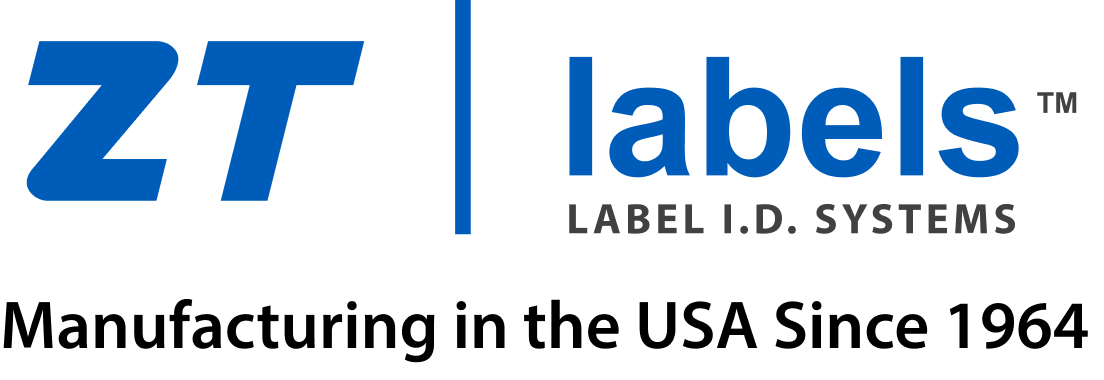Addressing Common Questions About Efficient Label Production
Lean manufacturing is a methodology that focuses on maximizing efficiency by reducing waste and improving processes. In the world of label production, lean principles can lead to faster turnaround times, lower costs, and higher-quality products. If you're considering adopting lean manufacturing in your label production process, here are some common questions you might have.

- What Is Lean Manufacturing?
Lean manufacturing is a systematic approach to minimizing waste without sacrificing productivity. It originated in the automotive industry but has since been applied across various sectors, including label production. The core idea is to create more value with fewer resources by streamlining processes and eliminating inefficiencies.
- How Does Lean Manufacturing Benefit Label Production?
In label production, lean manufacturing helps streamline every step of the process, from design and material selection to printing and finishing. By identifying and eliminating waste—whether it's excess inventory, unnecessary steps, or defects—companies can produce labels more efficiently. This results in lower production costs, reduced lead times, and higher customer satisfaction.
At ZT Labels, we leverage our century-long experience in innovation and manufacturing to bring the best of lean principles to label production. Our commitment to efficiency and quality is rooted in our heritage. Today, we continue to evolve and lead in identification and management solutions for wires and cables.
- What Are the Types of Waste Lean Manufacturing Targets in Label Production?
Lean manufacturing identifies seven key types of waste, many of which are common in label production:

- Overproduction: Producing more labels than necessary leads to excess inventory and increased storage costs.
- Defects: Errors in printing or cutting labels result in waste, as defective products need to be reworked or discarded.
- Waiting: Delays in production, whether due to equipment downtime or waiting for materials, slow down the entire process.
- Excessive Inventory: Holding too much raw material or finished product ties up capital and increases the risk of obsolescence.
- Motion: Unnecessary movement of people or materials within the production process can reduce efficiency.
- Overprocessing: Doing more work than necessary, such as excessive handling or unnecessary steps, adds time and cost without adding value.
- Transportation: Moving materials or products unnecessarily within the production process can increase the risk of damage and add time.
- How Can Technology Enhance Lean Label Production?
Technology is a powerful enabler of lean manufacturing in label production. Automated systems can streamline production, reduce human error, and ensure consistent quality. For example, digital printing technology allows for quick setup and changeovers, reducing downtime and waste. Real-time data analytics can help monitor production performance, identify bottlenecks, and guide continuous improvement efforts.
- What Is the Role of Continuous Improvement in Lean Manufacturing?
Continuous improvement, also known as Kaizen, is a cornerstone of lean manufacturing. It involves regularly reviewing and refining processes to make incremental improvements. In label production, this could mean regularly updating equipment, improving workflows, or enhancing employee training to boost efficiency and reduce waste. Over time, these small changes can lead to significant improvements in productivity and quality.
- How Can Lean Manufacturing Support Sustainability in Label Production?
Lean manufacturing naturally aligns with sustainability goals by focusing on waste reduction. By using resources more efficiently, companies can reduce their environmental footprint. For example, producing only the labels needed reduces material waste, while optimizing energy use during production lowers carbon emissions. Lean practices can also lead to more sustainable packaging solutions, such as using recyclable materials or reducing excess packaging.
Conclusion
Adopting lean manufacturing principles in label production can lead to significant benefits, including cost savings, improved efficiency, and enhanced product quality. By understanding and addressing common questions about lean practices, businesses can streamline their operations and stay competitive in a demanding market. Whether you're just starting with lean or looking to refine your existing processes, focusing on continuous improvement and waste reduction can drive long-term success.
Ready to take your label production to the next level?
Contact us today!



